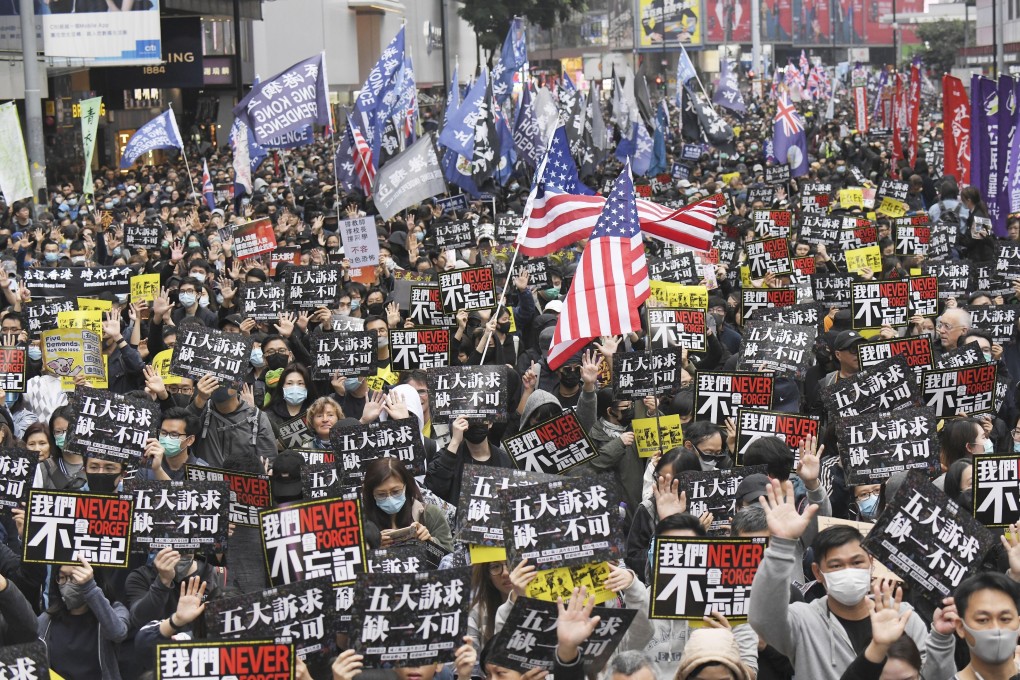Advertisement
Opinion | Why Hong Kong does not need more democracy right now
- The chaos and instability unleashed by the quest for universal suffrage, the gridlock in the legislature and the government’s declining efficacy support a halt in the expansion of democracy
Reading Time:3 minutes
Why you can trust SCMP

Ever since the future of postcolonial Hong Kong became an issue in the early 1980s, the quest for universal suffrage, narrowly equated with democracy, has in some quarters become the be all and end all of the “one country, two systems” project.
The outgoing British rulers deftly managed to escape censure for not granting Hongkongers universal suffrage much earlier, but China got blamed for allegedly breaking its “promise” of democracy in the Sino-British Joint Declaration on the future of Hong Kong.
In fact, the words “universal suffrage” never appear in the Sino-British Joint Declaration. The promise of universal suffrage was made by China in the Basic Law, as a long-term possibility and subject to certain clear preconditions: “in the light of the actual situation” and “in accordance with the principle of gradual and orderly progress”.
Advertisement
In early 2013, former law professor Benny Tai Yiu-ting unveiled his “Occupy Central with Love and Peace” plan to pressurise Beijing into fulfilling its “universal suffrage” pledge. The tumultuous events which followed hardly portray a path to democracy which accords with the principle of “gradual and orderly progress”.
The years that followed Tai’s clarion call have been anything but peaceful, punctuated by the unlawful occupation of Hong Kong’s business districts for 79 days in late 2014, the “fishball riot” in Mong Kok in early 2016, and the year-long, often violent anti-government protests which started in June 2019.
Some democracy advocates argue that the answer to Hong Kong’s democratic convulsions is more democracy. Yet the chaos and instability unleashed by the quest for universal suffrage, coupled with the gridlock in the legislature, and the government’s declining efficacy, lend strong support to the opposing view that the situation in Hong Kong calls for a halt rather than an advancement in the expansion of suffrage.
Advertisement
Select Voice
Choose your listening speed
Get through articles 2x faster
1.25x
250 WPM
Slow
Average
Fast
1.25x
